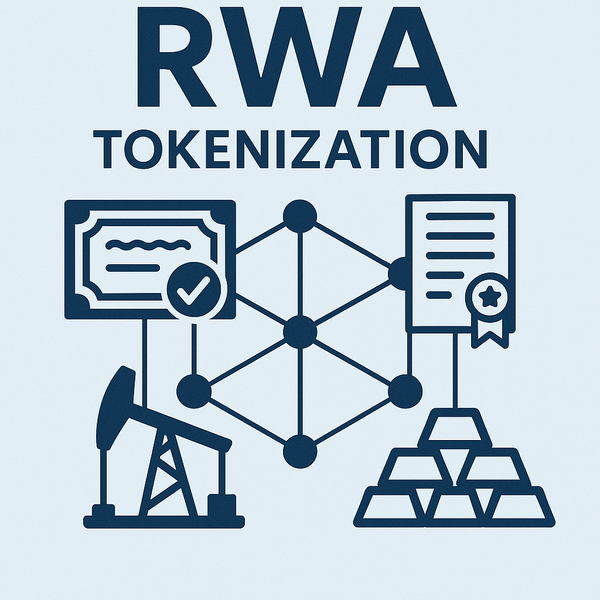
The blockchain-based Real World Asset (RWA) tokenization market is experiencing explosive growth and is poised to become a key keyword in the venture capital industry by 2025. With Ethereum solidifying its infrastructure leadership, the boundaries between traditional finance and blockchain are rapidly blurring.
With the recent acceleration of institutional adoption of blockchain technology, institutional investors are focusing on RWA tokenization as a new means of generating revenue. Indeed, the tokenized asset market has nearly doubled in a short period of time, expanding from $15 billion (approximately KRW 20.85 trillion) to $28 billion (approximately KRW 38.92 trillion) this year. Amidst a global investment landscape becoming more conservative, venture capital firms are strengthening their selection and concentration strategies, and RWA is at the forefront of this shift.
While demand initially focused on private credit and U.S. Treasury bonds, there has recently been a trend toward diversifying portfolios to include stocks and energy assets. This is interpreted as more than just an investment fad; it represents a structural shift that strengthens the connection between traditional finance and digital assets. Major media outlets, including Bloomberg, also analyze that "RWA tokenization will serve as a catalyst to accelerate the popularization of blockchain."
Ethereum's presence is noteworthy. Having already established itself as a global payment, security, and data transparency infrastructure, Ethereum is now serving as the de facto standard platform in the RWA market. Based on technological stability and reliability, its core competitive advantage lies in its mechanism for safely transferring real-world asset value to digital.
Ultimately, RWA is a test bed for what role blockchain can play in mainstream finance. The reason venture capitalists are actively betting on this trend is because this market is not simply experiencing growth; it's at the heart of a paradigm shift in the financial industry.








